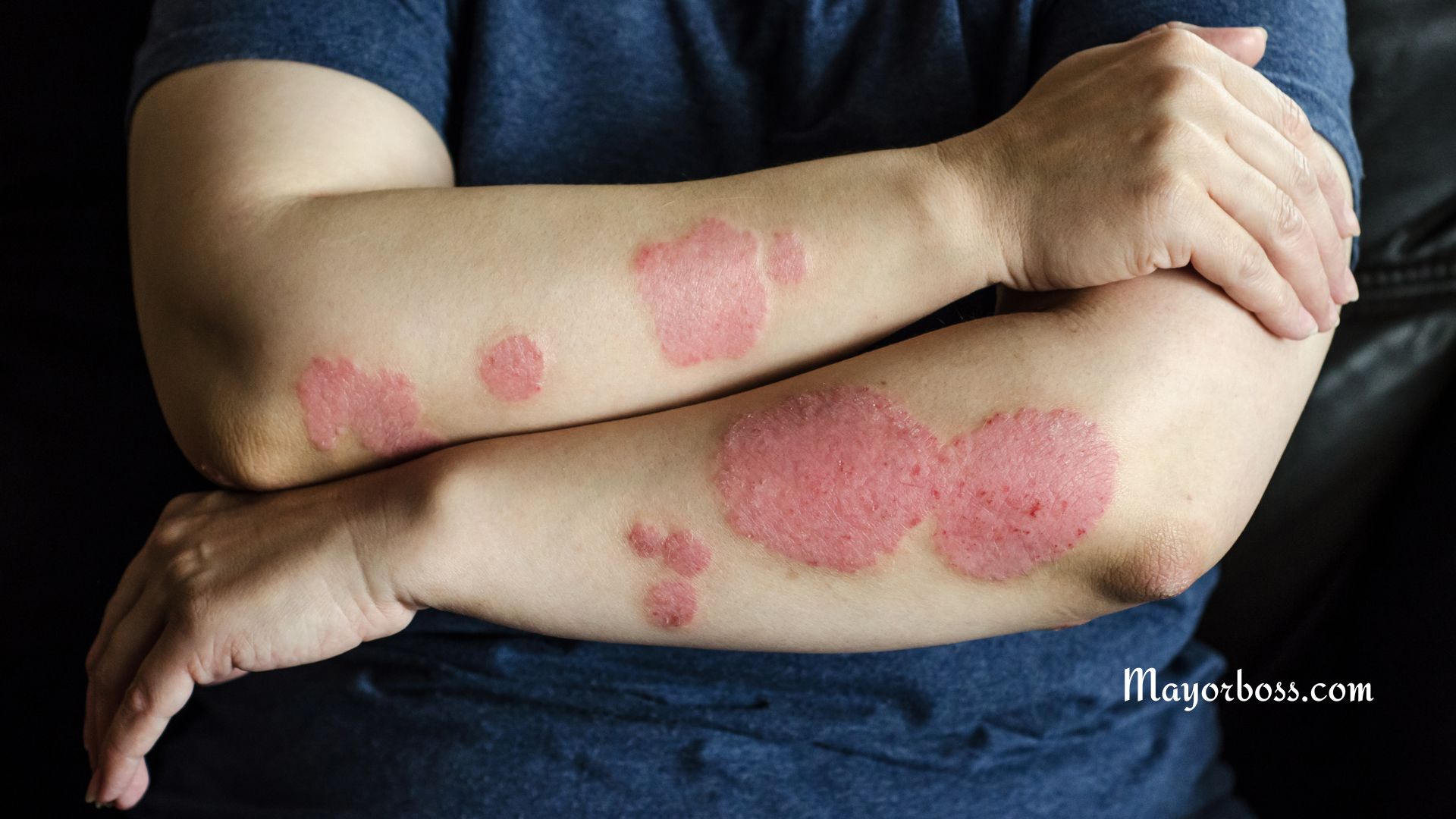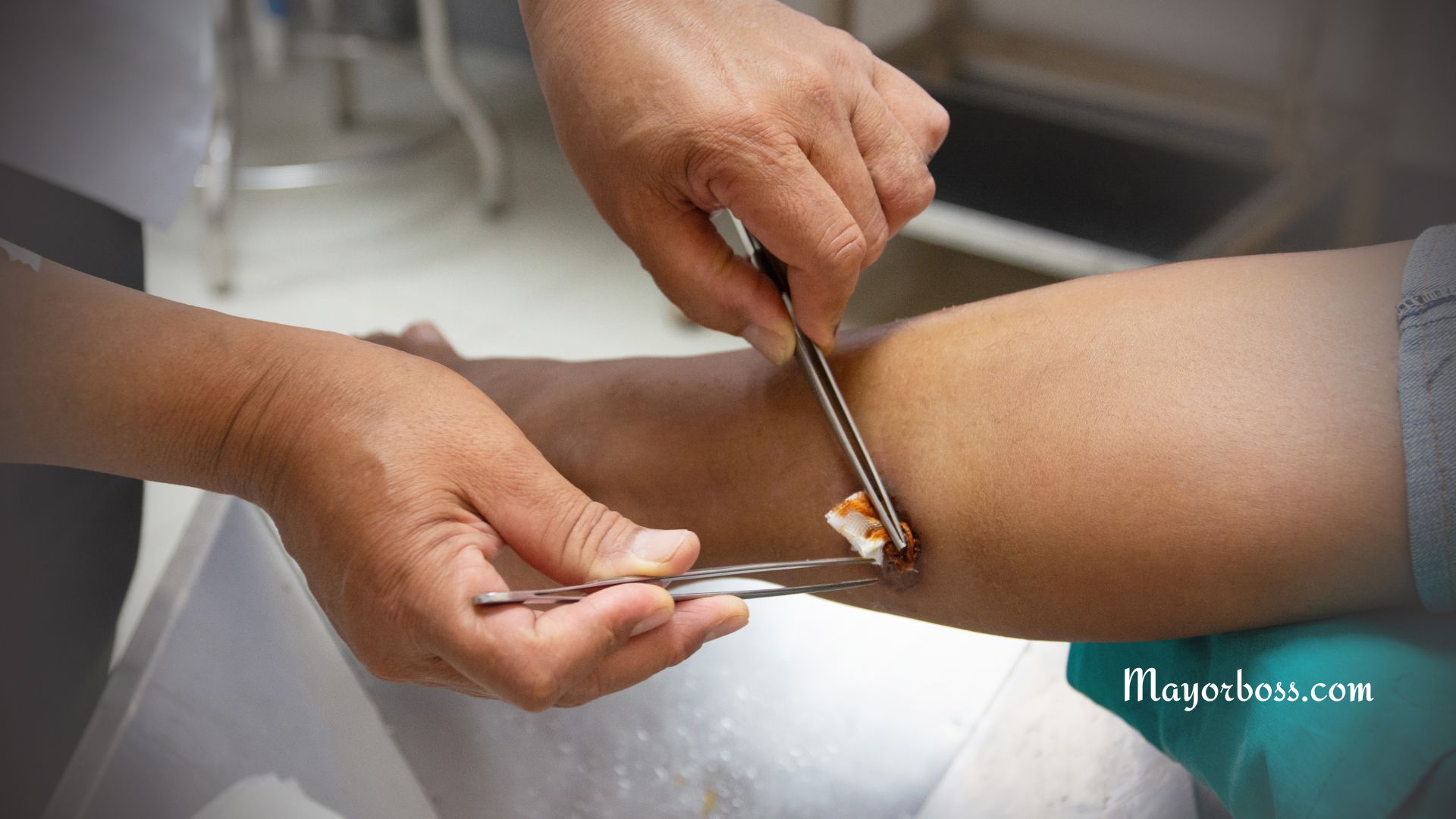Why Does Your Belly Button Smell?
Summary: A smelly belly button can be a concern for many, but it’s usually not a sign of a serious health issue. Common causes often include poor hygiene, sweat accumulation, or bacterial growth. Sometimes, a medical condition like an umbilical hernia or an infection can be the culprit. Here, we’ll explore the reasons behind a smelly navel and how you can address them.

Common Causes of Belly Button Odor
Poor Hygiene
If you’re not cleaning your belly button regularly, it can become a breeding ground for bacteria. These bacteria multiply and produce foul odors. So, it’s crucial to clean your navel regularly, especially after exercising or sweating.
Sweat Accumulation
Your belly button is a closed area where sweat can easily accumulate. As you know, sweat itself isn’t smelly; it’s the bacteria that break down the sweat that produce the odor. Therefore, keeping the area dry can help reduce the smell.
Infections
An infected belly button will often emit a bad odor. In addition to the smell, you might experience redness, swelling, and discomfort. If you suspect an infection, consult your doctor for proper diagnosis and treatment.
Less Common Causes of Belly Button Smell
Umbilical Hernia
An umbilical hernia occurs when a part of your intestine protrudes through the abdominal wall near the belly button. Although rare, this condition could lead to a smelly navel due to trapped sweat and bacteria.
Yeast Infection
Yeast infections are not only limited to the mouth or genitals; they can also occur in the belly button. A yeast infection in the navel is usually accompanied by a cheesy smell and may also have a white or yellow discharge.
Piercings
If you have a belly button piercing, improper care or an allergic reaction to the jewelry material can cause a smell. Signs of an issue include redness, swelling, and a foul odor.
How to Get Rid of Belly Button Smell
Proper Cleaning Techniques
Washing your belly button with mild soap and water can work wonders. Make it a part of your daily shower routine to prevent bacteria build-up. But be gentle; vigorous scrubbing can irritate the skin.
Use of Antiseptics
After cleaning, you can apply an antiseptic solution like hydrogen peroxide to kill any remaining bacteria. However, this should not be a regular practice, as it can dry out your skin.
Keep it Dry
To prevent sweat accumulation, make sure to dry your belly button thoroughly after showering. You can use a clean towel or even a hairdryer in a cool setting to ensure it’s completely dry.
Medical Intervention
If you’ve tried all of these methods and the smell persists, you may need medical intervention. Your healthcare provider can diagnose the underlying cause and prescribe the appropriate treatment.
When to Seek Medical Help
If the smell is accompanied by additional symptoms like pain, redness, or discharge, it’s time to consult a healthcare provider. This could be indicative of an underlying medical condition that needs professional treatment.
So, don’t ignore a smelly belly button. It can be a sign of something that needs attention. Follow these guidelines to keep your navel smelling fresh, and consult a healthcare provider if the problem persists.
Further Reading: How to Smell Good Without Using Perfume






